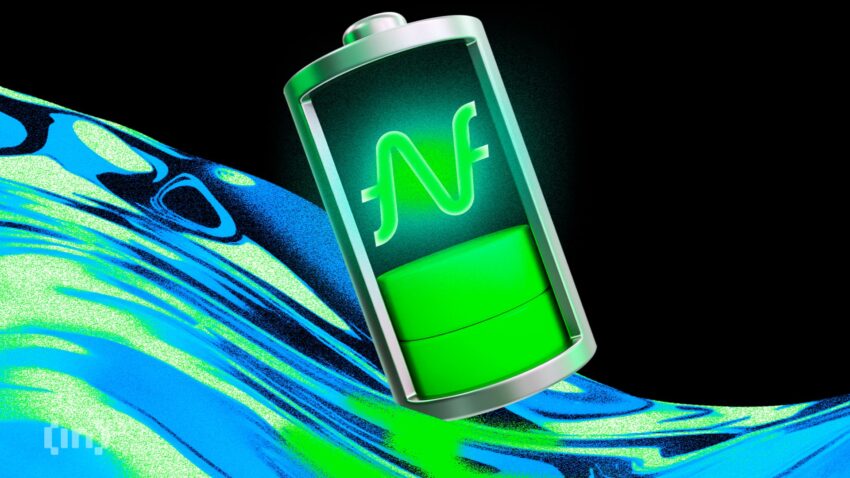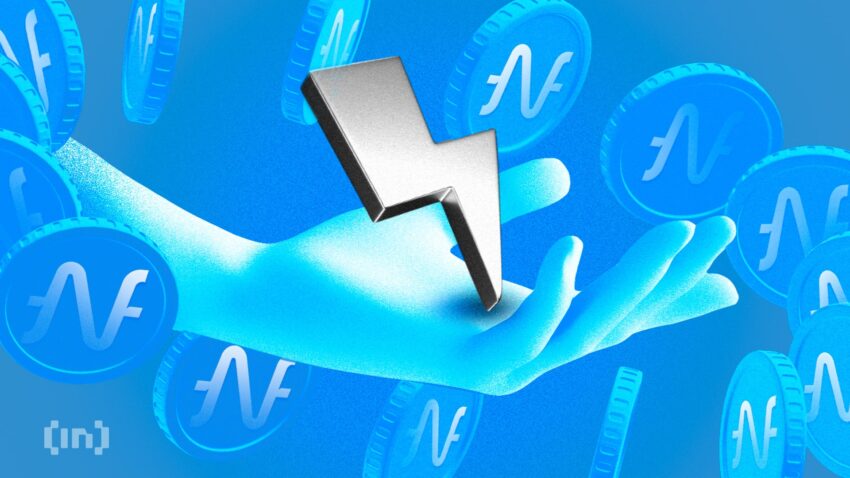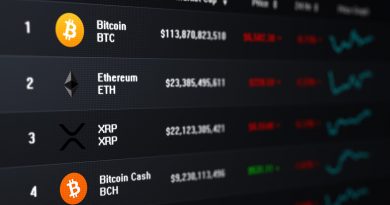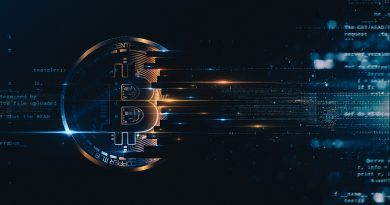From Sun to NFT: Building Your Own Solar Power Plant with Clean Energy through NFTs
SunContract is a global energy marketplace connecting electricity consumers with renewable energy producers. SunContract’s NFT marketplace, linked to real-world solar panels, is at the forefront of introducing this innovative concept.
By leveraging blockchain technology and smart contracts, it enables seamless access to solar panels, fostering a shift towards a more liquid and democratized renewable energy landscape. This also helps to eliminate the disproportionate influence that large power producers have over communities and individuals.
The Future of Energy Production is Renewable
As per Forbes, the renewable energy sector is likely to attract more than $10 trillion in investment by 2050, with a major emphasis on wind and solar. With this, around 85% of the world’s electricity production will come from renewable sources. Considering the numbers, it is quite obvious that the future of energy production is renewable.
The Importance of Blockchain for SunContract
SunContract leverages blockchain technology first to establish a peer-to-peer (P2P) platform that fundamentally changes how electricity is bought and sold. This platform enables direct transactions between energy consumers and producers, reducing fees, enhancing security, and providing global access.
The P2P model is pivotal for promoting local energy self-sustainability and financial advantages by facilitating energy trades with transparency and control. It also laid the foundation for the later establishment of the NFT marketplace.
SunContract NFT Marketplace and NFT Benefits
Non-fungible tokens (NFTs) introduce a new innovation into the SunContract ecosystem, allowing users to earn daily income through a tokenized representation of real-world solar panels. This makes SunContract the first to merge solar power, blockchain and NFTs that help to support a sustainable future where renewable energy is digitalized, decentralized, and democratized.
Each NFT correlates with a specific solar panel, producing solar energy daily. In the first phase, the energy produced by the solar panels linked to the NFTs is sold, and the revenue generated—after deducting necessary fees – is deposited directly into the users’ wallets.

In the second phase, SunContract plans to introduce an option for users to directly utilize the electricity generated by their NFT-linked solar panels in their homes. This option will initially be available in countries where SunContract holds an electricity license, such as Slovenia, Croatia, and Estonia.
This significant step forward ensures that users can gain financial benefits and also power their homes with clean energy from their investment in renewable energy without the need for physical interaction or management of the solar panels. That means users will not have to worry about the regular maintenance of solar panels, and their repairs in case any accident occurs.
Users only need their smartphones to control their Personal Power Plant, which improves their self-sufficiency in energy, regardless of wherever they are based. This will not only fight the current centralized model of electricity generation but will also help to improve services and increase economic, environmental, and social benefits.
Renewable Energy for Everyone
By using the power of NFTs, SunContract makes renewable energy accessible to everyone. For individuals, especially those living in apartments or lacking the space for solar panel installation, the proposition of owning a piece of the renewable energy puzzle seemed distant—until now.
SunContract NFTs obviate the need for physical installation, space considerations, and the maintenance concerns that accompany traditional solar panel ownership. This innovation transforms a traditionally illiquid investment—physically installing solar panels on a property—into a liquid asset that can be bought and sold within the SunContract NFT marketplace at any time.
This move democratizes renewable energy, making it accessible even to apartment dwellers. Unlike traditional solar panel investments, NFTs offer a flexible, easy-to-manage alternative, eliminating installation hassles and resale issues. This innovation not only makes sustainable energy more accessible but also supports a more environmentally friendly and adaptable lifestyle choice.
Additionally, by empowering individuals with these innovative tools, SunContract is helping to not only light up their homes but also foster a future with economic, social, and environmental progress.
However, one thing to keep in mind is that each NFT has an expiration date. Once an NFT expires, it will remain in the user’s wallet and give them future benefits that SunContract will reveal later. But it will not give them daily payouts or energy use once enabled in supported countries.

Starting with 2112 Real-World Solar Panels as NFTs
In the start, SunContract has issued 2112 NFTs backed by 2112 real-world solar panels from a solar plant located in a small village called Višnje near Ajdovščina, located in the western part of Slovenia. SONCE Energija, part of SunContract Group in Slovenia, built this solar power plant which has a peak capacity of 517 kW. SunContract plans to increase the number of solar farms and will add other farms very soon.
The Role of SNC Tokens
As SNC tokens are the utility tokens of the SunContract platform, they are used to share the revenue generated by an NFT directly in a user’s wallet. The users can either hold the SNC tokens or they can exchange them for fiat anywhere SNC tokens are traded.
The expansion of SunContract into new markets like Croatia and Estonia, along with its introduction of innovative products such as NFTs, significantly enhances the utility and intrinsic value of SNC tokens.
A Step into The Future
SunContract helps to bridge the gap that exists between electric power suppliers and consumers. It helps to solve the issue of centralization in our electric supply network by empowering users with greater control and autonomy over their electricity usage.
Leveraging the innovative capabilities of NFTs and blockchain technology, SunContract emerges as a pioneering platform, linking digital tokens with tangible assets for the first time within the energy sector.
This groundbreaking approach democratizes access to renewable energy management, enabling individuals from any global location to oversee their own solar-powered energy sources, ensuring the cleanest possible acquisition of power.
Links:
LinkedIn | Facebook | X (Twitter) | Instagram | YouTube | Discord | Medium | Reddit | Telegram
The post From Sun to NFT: Building Your Own Solar Power Plant with Clean Energy through NFTs appeared first on BeInCrypto.




